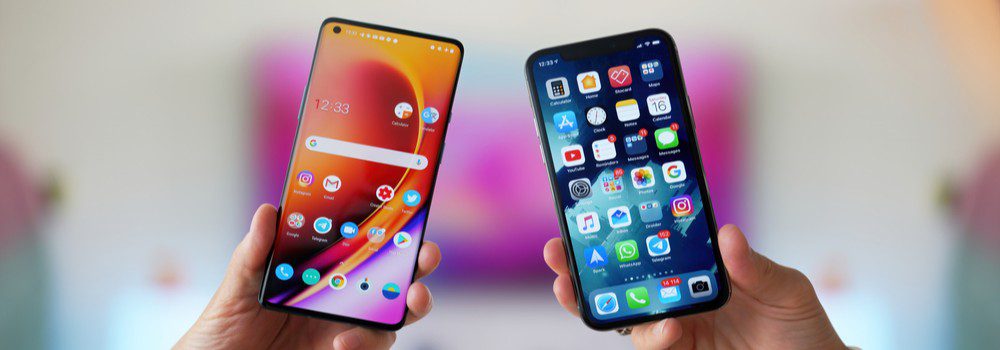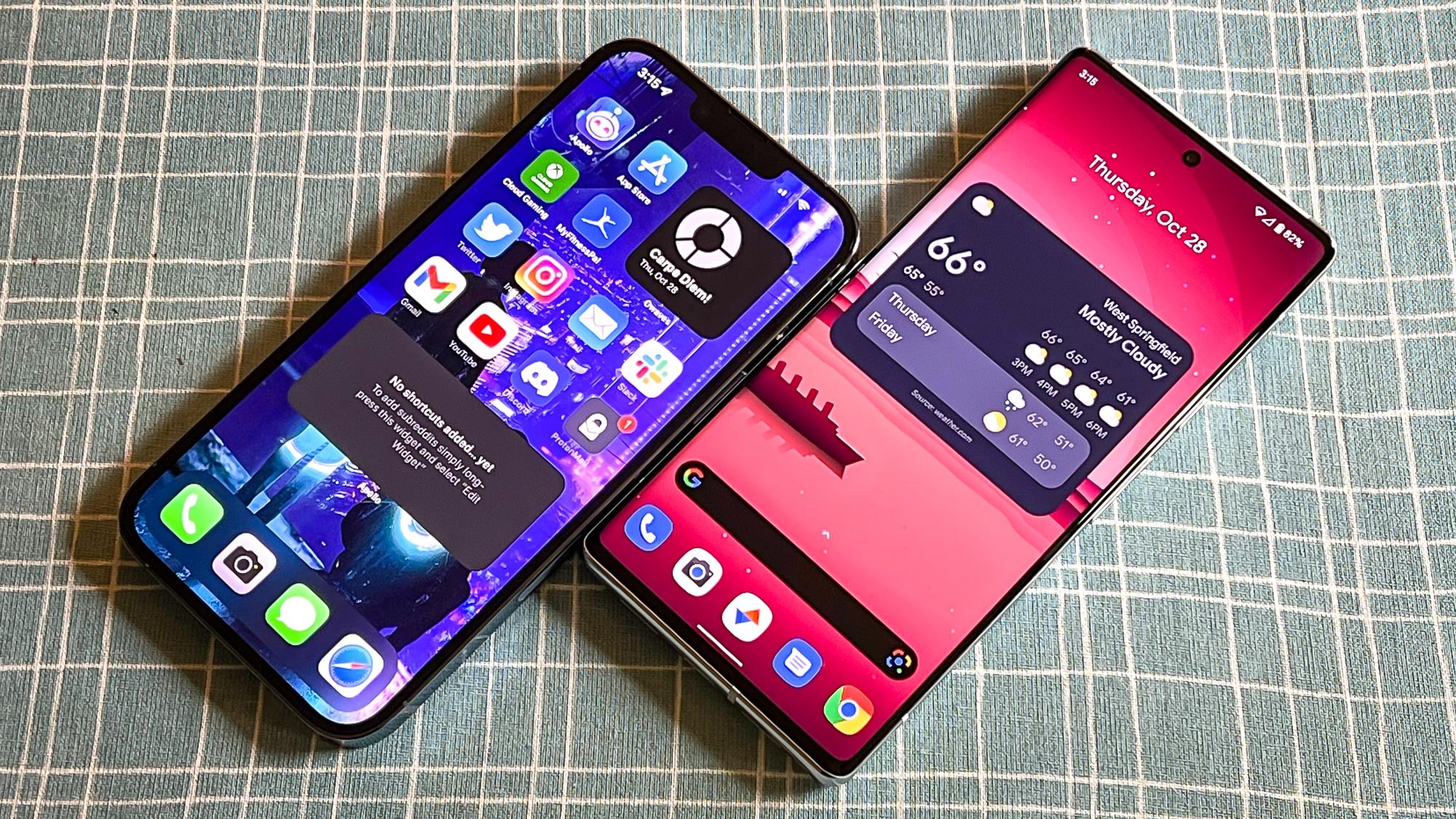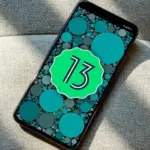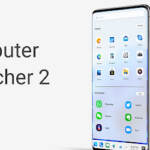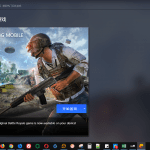When it comes to choosing a mobile operating system, the two most popular options are Android and iOS. Both have their unique features, design, and user experience. In this article, we will compare Android and iOS by highlighting their 10 key differences and elaborating on each one to help you determine which one is the best for you.
- User interface:
The user interface is the look and feel of the device and how the user interacts with it. Android has a more customizable user interface, with the ability to change the look and feel of your device with various launchers, icon packs, and themes. iOS, on the other hand, has a more uniform and consistent look, but with lessfewertomization options.
- Apps:
The availability and quality of apps are important for most users. Both Android and iOS have a vast selection of apps available in their respective app stores. However, iOS has a more stringent app review process, which results in fewer instances of malware and lower-quality apps compared to Android. Additionally, iOS users tend to receive app updates sooner than Android users.
- Security:
The security of the device and personal data is a top priority for many users. iOS is known for its tight security measures, with a closed ecosystem and a more secure app review process. Android, on the other hand, is more open and tends to be more susceptible to malware. However, this can be mitigated by downloading apps from trusted sources and regularly updating your device’s software.
- Hardware:
The hardware options available for each platform is another important factor to consider. Android has a wider range of hardware options, with devices ranging from budget-friendly to high-end. iOS is only available on Apple devices, which tend to be more expensive.
- Features:
Both Android and iOS have a wide range of features, but they differ in the way they are implemented. For example, Android has built-in support for expandable storage and customizable navigation buttons, while iOS has a more unified user experience with a focus on privacy and security.
- App Store Approval Process:
The app store approval process is the process by which apps are approved for distribution in the respective app store. iOS has a more stringent app review process, which results in fewer instances of malware and lower-quality apps compared to Android.
- Customization Options:
The ability to customize the look and feel of the device is an important feature for many users. Android has more customization options, including various launchers, icon packs, and themes, while iOS has a more uniform and consistent look with fewer customization options.
- Ecosystem:
The ecosystem refers to the range of devices and services available for each platform. Android has a wider range of devices and services, while Apple’s ecosystem is limited to its own devices and services.
- App Compatibility:
App compatibility refers to the ability of apps to run on different devices and operating systems. iOS has a more limited range of devices, but app compatibility is generally more consistent across devices. Android has a wider range of devices, but app compatibility can vary depending on the device and operating system version.
- Pricing:
Pricing is an important consideration for many users. iOS devices tend to be more expensive, while Android has a wider range of devices available at different price points.
In conclusion, both Android and iOS have their unique features and advantages. The best option for you will depend on your individual needs, preferences, and priorities. If you value customization, a wider range of hardware options, and more open ecosystems, Android may be the better choice for you. On the other hand, if you value security, consistency, and a more unified user experience, iOS may be the better option. Ultimately, the choice between Android and iOS comes down to personal preference and what you value most in a mobile operating system.
